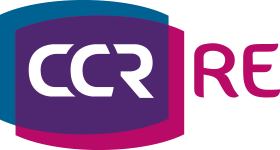Reinsurance tutorials #32
What is moral hazard?
Reinsurance contracts, such as insurance policies, aim at covering hazards. Without hazard, there can’t be insurance or reinsurance.
To be insurable, a risk must present the 3 following criteria:
- First, the event must be future (it should not have already occurred)
- Second, there must be uncertainty; there is a hazard either on the occurrence of the event (we don’t know if there will be a fire, a theft, a permanent disability), either on the date of the occurrence of the event (we know that we will die, but we don’t know when).
- Third, the event occurrence should not rely on the sole willingness of the insured.
Hazard is an event that one party wants to protect from. This risky event may occur or not. Both parties do not know if this event will happen. For these reasons, insurance will not cover if the insured contributes to his damages by his negligence or lack of care. The insurer will not cover the insured who sustains a house burglary if this insured did not close his doors properly, or if he left his keys on his car before it was stolen. The insured increases his risk taking. Similarly, the insurance company will not pay life indemnities if the insured committ suicide. Those behaviors are qualified as moral hazards. In some situations, moral hazards are not so clear. Take the example of an insured who will consume more health care knowing that the expenses will be paid by the insurance he purchased.
In order to avoid or limit the moral hazard, a deductible can be set up.
To summarize, hazard is in the heart of the insurance and reinsurance mindset, which also means that the insured should behave in a moral manner.
📺 More episodes to come... Subscribe now to receive them in advance before their public release! 📥

